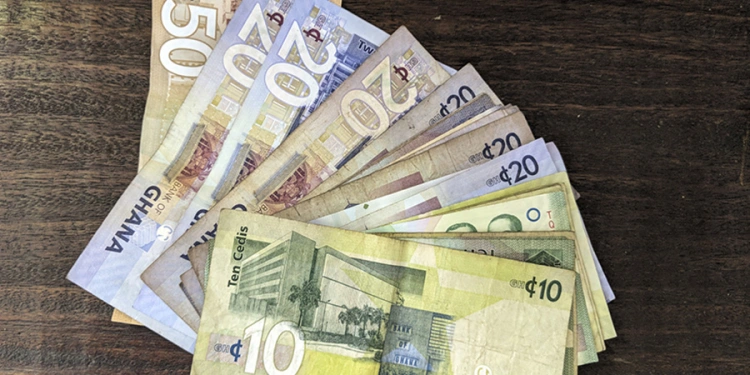
The Ghanaian cedi has dropped by a whopping 47.10% against the US dollar since the start of the year.
Since January, the cedi has rapidly depreciated against the US dollar, making it the world’s second-worst performing currency after the Sri Lankan rupee.
Also, Ghana’s inflation advanced faster than projected in July, as the value of the cedi fell, raising the cost of imported products such as cooking oil and gasoline.
Nonetheless, price pressures are expected to start easing as Ghana approaches its harvest season and the cost of wheat and other global commodities declines. However, the central bank may be persuaded to raise the cost of borrowing further next month if the cedi continues to depreciate.
The conflict between Russia and Ukraine has had a substantial impact on Ghana’s exchange rate, particularly in the construction, agriculture, and international trade sectors. Russia and Ukraine accounted for around 2.5% of Ghana’s total non-oil imports and 0.4% of Ghana’s total exports.
The Nigerian government has released ₦85 billion (approximately $54 million) as part of its community…
Afrobeats superstar Tiwa Savage has voiced her frustration over the relentless criticism she faces regarding…
The Socio-Economic Rights and Accountability Project (SERAP) has filed a lawsuit against President Bola Tinubu…
The black market dollar to naira exchange rate for today, 15th December 2024, can be…
A new per-litre price of Premium Motor Spirit (PMS), commonly known as petrol, has been…
The Independent National Electoral Commission (INEC) has debunked rumors circulating on social media claiming its…